An In-depth Guide to Home Composting Techniques
Are you tired of wasting valuable kitchen scraps and yard trimmings? Take control of your waste and turn it into nutrient-rich compost right in your own backyard. We’ll walk you through various home composting techniques, such as traditional composting, vermicomposting with worms, bokashi composting, composting with biochar, and composting with green manure.
Discover the secrets to creating a thriving compost pile that will not only reduce your carbon footprint but also enrich your soil for a thriving garden.
Traditional Composting Methods
To begin traditional composting, you’ll need a sufficient quantity of organic materials. Traditional composting methods involve the breakdown of these organic materials through the use of aerobic or anaerobic processes.
Aerobic composting requires oxygen and involves the decomposition of organic matter by microorganisms that thrive in the presence of air. This method usually results in faster decomposition and produces compost that’s rich in nutrients.
On the other hand, anaerobic composting occurs in the absence of oxygen and relies on the activity of anaerobic bacteria. While slower than aerobic composting, this method is ideal for those who’ve limited space or desire a low-maintenance composting process. However, anaerobic composting may produce a strong odor due to the byproducts of the anaerobic bacteria.
Vermicomposting: Using Worms for Composting
Now, let’s delve into the world of vermicomposting, where you can harness the power of worms to create nutrient-rich compost for your garden.
When it comes to vermicomposting, the type of worm species you choose is crucial. The most commonly used species are Eisenia fetida, also known as red worms or red wigglers, and Lumbricus rubellus, commonly referred to as red earthworms. These worms are highly efficient at breaking down organic matter and turning it into rich compost.
Proper worm bin maintenance is essential for successful vermicomposting. First, ensure that the bin is well-ventilated and has drainage holes to prevent excessive moisture. Keep the bin in a shady area to maintain the ideal temperature range of 55-77°F (13-25°C).
Feed the worms regularly with kitchen scraps, avoiding meat, dairy, and oily foods. It’s important to bury the food waste in the bedding to prevent odor and pests. Monitor the moisture levels and add water or dry bedding as needed. Regularly harvest the finished compost to make room for new waste.
Bokashi Composting: Fermenting Kitchen Waste
If you’re looking for an alternative method to composting with worms, bokashi composting provides a unique solution for fermenting kitchen waste.
Bokashi composting utilizes a fermentation process to break down organic matter, allowing you to compost a wider range of materials, including meat, dairy, and even citrus peels.
The process involves adding bokashi bran, a mixture of beneficial microorganisms, to airtight containers where you layer your kitchen scraps.
The microorganisms then ferment the waste, effectively breaking it down without producing foul odors.
The fermentation process also creates a nutrient-rich liquid called bokashi tea, which can be used as a fertilizer for your plants.
Bokashi composting offers effective odor control, making it an ideal option for those who live in apartments or have limited outdoor space.
Composting With Biochar: Enhancing Soil Fertility
Continue enhancing the fertility of your soil by incorporating biochar into your composting process. Biochar, a form of charcoal produced by heating organic matter in the absence of oxygen, has been used for centuries to improve soil health and crop productivity. Its unique structure and composition make it an excellent addition to compost piles.
Here are some key benefits of composting with biochar:
- Enhancing microbial activity: Biochar provides a habitat for beneficial microorganisms, such as bacteria and fungi, that help break down organic matter and release essential nutrients for plants. This increased microbial activity promotes healthier soil and stronger plant growth.
- Carbon sequestration: Biochar is a highly stable carbon material that can remain in the soil for hundreds or even thousands of years. By incorporating biochar into your compost, you can help sequester carbon from the atmosphere and mitigate climate change.
- Improved nutrient retention: Biochar has a high surface area and can hold onto nutrients like a sponge, preventing leaching and making them more available to plants over time.
Composting With Green Manure: Cover Cropping for Nutrient Recycling
To compost with green manure, cover crop your garden for nutrient recycling. Cover cropping involves planting specific crops that are grown primarily to improve soil health and fertility. These crops, known as green manure, are usually legumes or grasses that have deep root systems and can fix nitrogen in the soil.
The benefits of cover cropping with green manure are numerous. Firstly, it helps to prevent soil erosion by protecting the soil from wind and water erosion. Secondly, it improves soil structure by adding organic matter and increasing soil moisture retention. Thirdly, it enhances nutrient availability by recycling nutrients from the deep-rooted green manure into the topsoil.
Some common types of green manure include clover, alfalfa, winter rye, and buckwheat. By incorporating green manure into your composting routine, you can improve the overall health and fertility of your garden soil.
Conclusion
Home composting is a versatile and effective way to reduce waste and improve soil health.
By using different home composting techniques such as traditional composting, vermicomposting with worms, bokashi composting, composting with biochar, and green manure cover cropping, you can create nutrient-rich soil that’s comparable to a flourishing garden.
It’s like a vibrant canvas painting bursting with colors. So grab your compost bin and start transforming your kitchen scraps into a beautiful masterpiece for your garden.
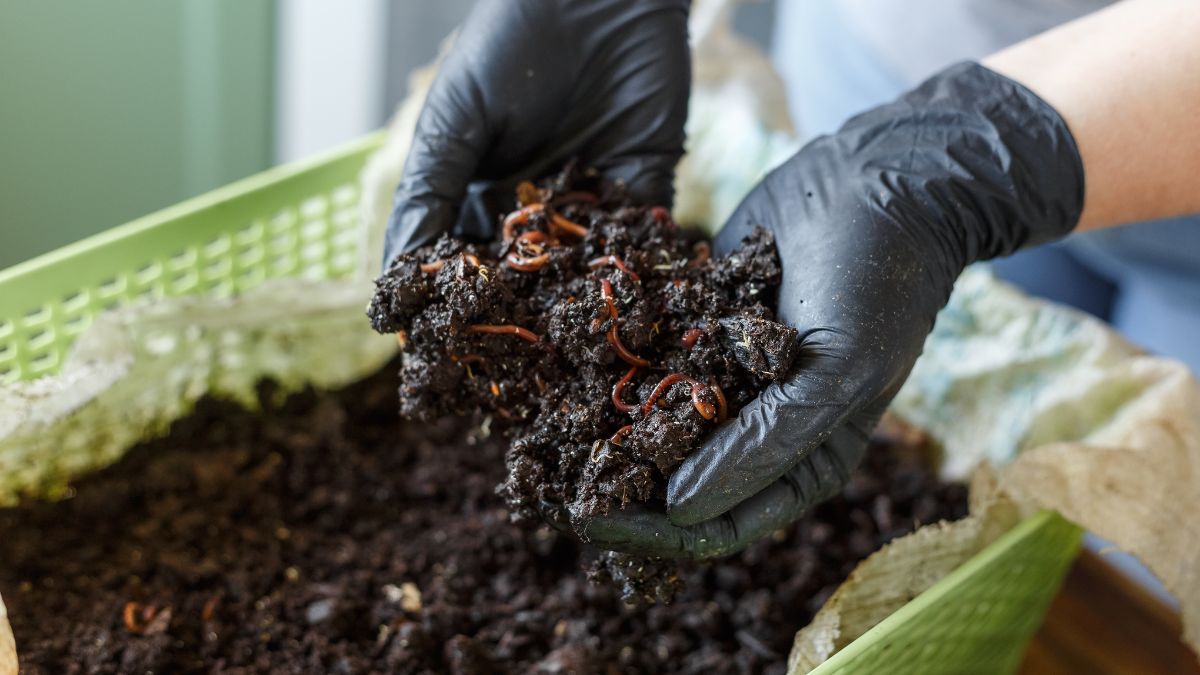

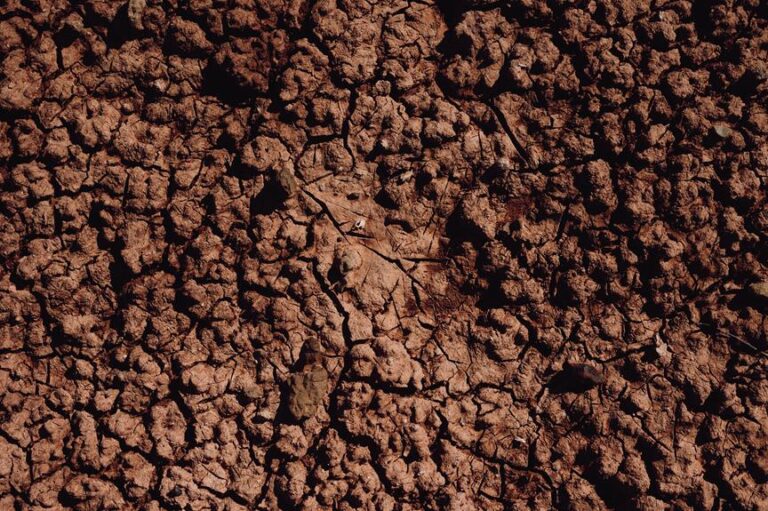

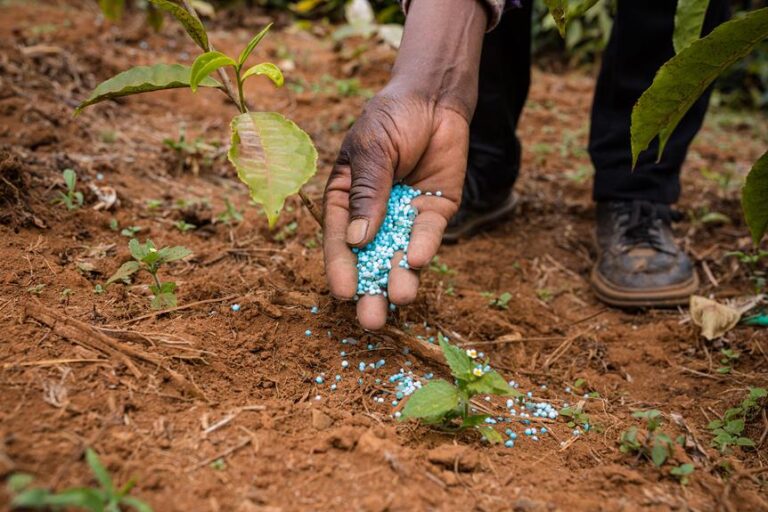
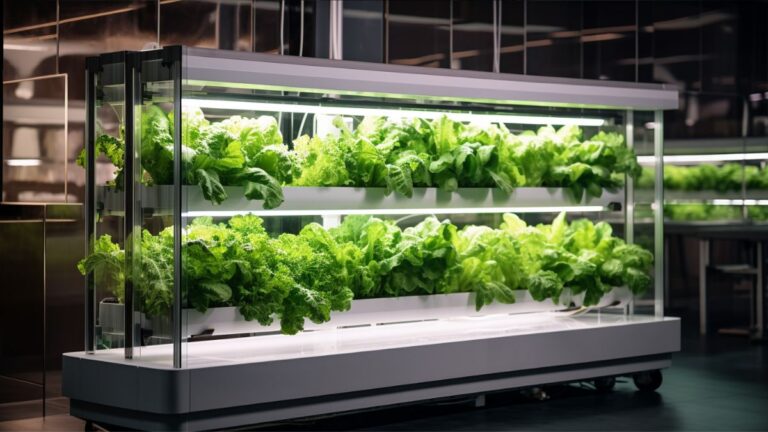
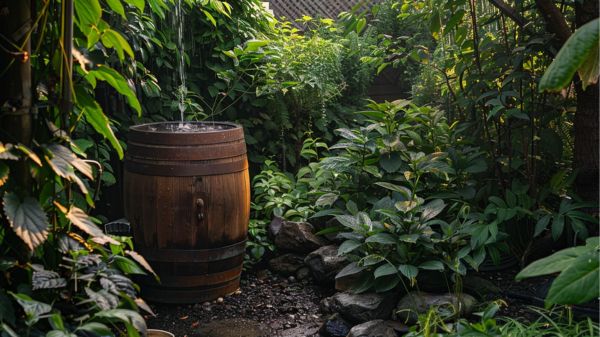
One Comment
Comments are closed.